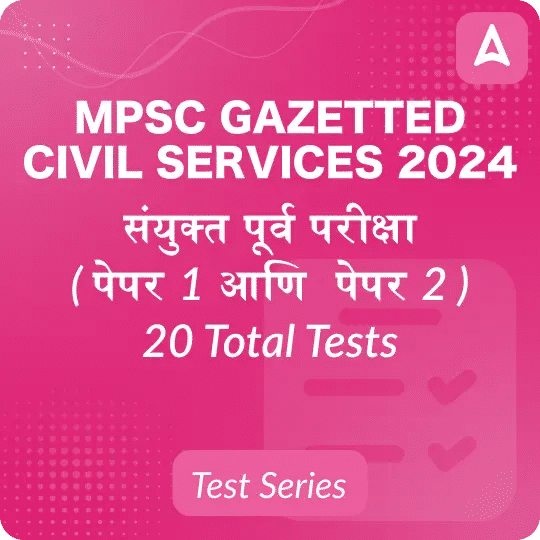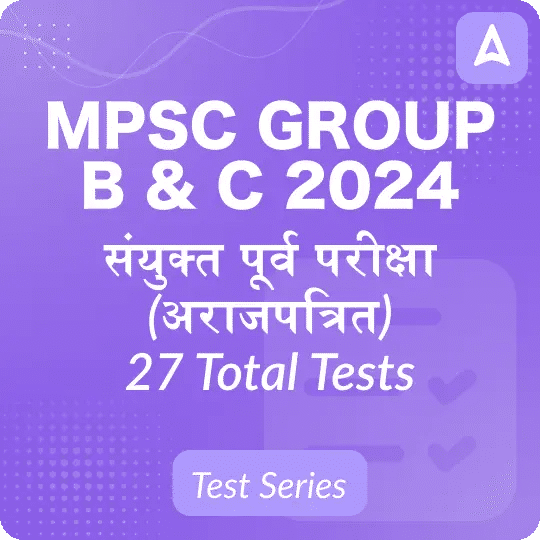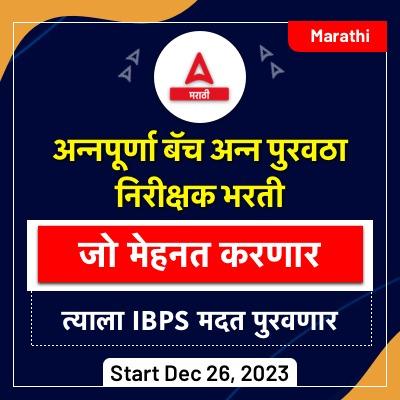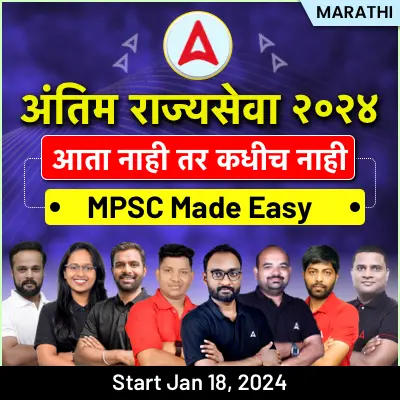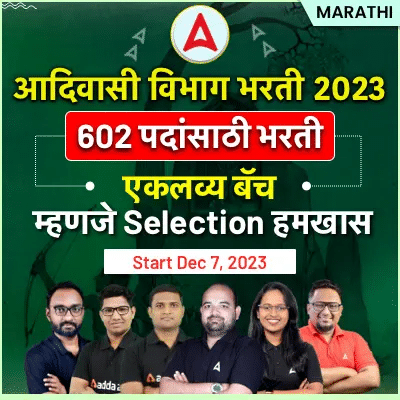Table of Contents
By another name
(The Hindu, 30-08-24)
The Ministry of AYUSH is attempting to sidestep Rule 170 of the Drugs and Cosmetics Rules 1945, which penalizes misleading advertisements.
On the other hand, The Supreme Court is addressing misleading advertisements of ayurveda, siddha, and unani products, the recent instance being proceedings against Patanjali Ayurved for making unproven medicinal claims.
What actions have been taken so far to address misleading advertisements?
- The Court ordered Patanjali Ayurved to publish apologies for its misleading claims.
- State-level regulatory agencies have begun acting against Patanjali Ayurved.
- The Court has demanded that advertisers self-declare they will not publish misleading advertisements.
What are the key challenges in regulating AYUSH products?
- Balancing high-quality manufacturing with keeping consumer prices low.
- Disuniform medicine quality and manufacturer inspections, especially in alternative medicines.
- The AYUSH Ministry’s actions of allowing loose registration of “Ayurvedic” products.
- Bengaluru-based company was licensed (& later cancelled) to sell milk as “Ayurvedic proprietary medicine
- Attempts to evade existing quality rules, presumably to benefit businesses.
- Many AYUSH products lack standardization in terms of ingredients, preparation methods, and dosages, making it difficult to ensure consistent quality and efficacy.
- There’s often a lack of rigorous scientific studies and clinical trials to support the claims made by AYUSH products, making it challenging to verify their effectiveness and safety.
- Protecting traditional knowledge while also encouraging innovation in AYUSH product development has been a challenge.
What does the article suggest as a potential solution?
- The Court should focus on rectifying the quality-control regime rather than just regulating advertisements.
- Empowering and protecting the quality-control system from political capture.
- Bringing alternative medicines under the purview of a robust quality-control regime.
- Looking beyond self-declarations and concessionary measures to address the root of the problem.
- Implementing standardized testing protocols and quality benchmarks for AYUSH products across all states.
- Establishing a centralized database for AYUSH products, including their ingredients, manufacturing processes, and clinical evidence.
- Enhancing collaboration between AYUSH researchers and mainstream scientific institutions to conduct rigorous clinical trials.
Can you answer the following question?
Critically examine the challenges in regulating AYUSH products in India, focusing on the tension between quality control and affordability.
Moving the spotlight to grassroots democracy
(The Hindu, 30-08-24)
The Election Commission of India (ECI), with its track record of conducting free and fair elections, and on time, to Parliament and State legislatures, has emerged as one of independent India’s most credible institutions. Yet, there are 34 State Election Commissions (SECs) that need serious attention and strengthening.
What is the current state of State Election Commissions (SECs) in India?
- There are 34 SECs in India, established by the 73rd and 74th Constitutional Amendments.
- SECs are responsible for elections to panchayats and urban local governments.
- Many SECs are disempowered and sometimes in litigation with their State governments.
- 70% of urban local governments did not have an elected council at the time of a CAG audit across 18 states.
What are the main issues faced by SECs?
- Lack of power to conduct ward delimitation in many states.
- SECs often lack the same level of authority and independence as the Election Commission of India.
- Interference from state governments in electoral processes.
- The Supreme Court has had to intervene in cases where state governments hindered local elections.
- Delays in conducting elections to local bodies.
- Lack of standardized processes for appointing SEC members across states.
- Insufficient resources and infrastructure to conduct timely elections.
Why is strengthening SECs important?
- Regular and fair elections to local governments are crucial for grass-roots democracy as envisioned in the 73rd and 74th Constitutional Amendments.
- It ensures effective first-mile service delivery in cities and villages.
- Strong SECs can ensure better representation of marginalized groups in local governance
- It enhances accountability in local governance structures.
- Empowered SECs can contribute to more robust and participatory urban planning processes.
- It maintains citizens’ trust in local public institutions.
What reforms are suggested to strengthen SECs?
- Bring SECs on par with the Election Commission of India in terms of transparency and independence.
- Mandate delimitation of ward boundaries and seat reservations at fixed intervals (e.g., every 10 years).
- Vest powers of ward delimitation and seat reservation with SECs.
- Entrust SECs with reservations for mayors/presidents and their deputies.
- Consider giving SECs the responsibility for electing mayors, presidents, chairpersons, and standing committees.
- Implement a uniform model code of conduct for local body elections across all states.
- Establish a dedicated fund for SECs to ensure financial autonomy.
- Create a national-level coordination mechanism between the Election Commission of India and SECs.
- Introduce mandatory training programs for SEC officials to enhance their capabilities and knowledge.
Can you answer the following question?
Critically examine the challenges faced by State Election Commissions in India and suggest measures to strengthen their role in ensuring free and fair elections at the local government level.
महाराष्ट्रातील सर्व स्पर्धा परीक्षांसाठी ऑनलाईन क्लास, व्हिडिओ कोर्स, टेस्ट सिरीज, पुस्तके आणि इतर अभ्यास साहित्य खाली दिलेल्या लिंक वर क्लिक करून मिळावा.
अड्डा 247 मराठीचे युट्युब चॅनल
अड्डा 247 मराठी टेलिग्राम ग्रुप
महाराष्ट्र महापॅक


